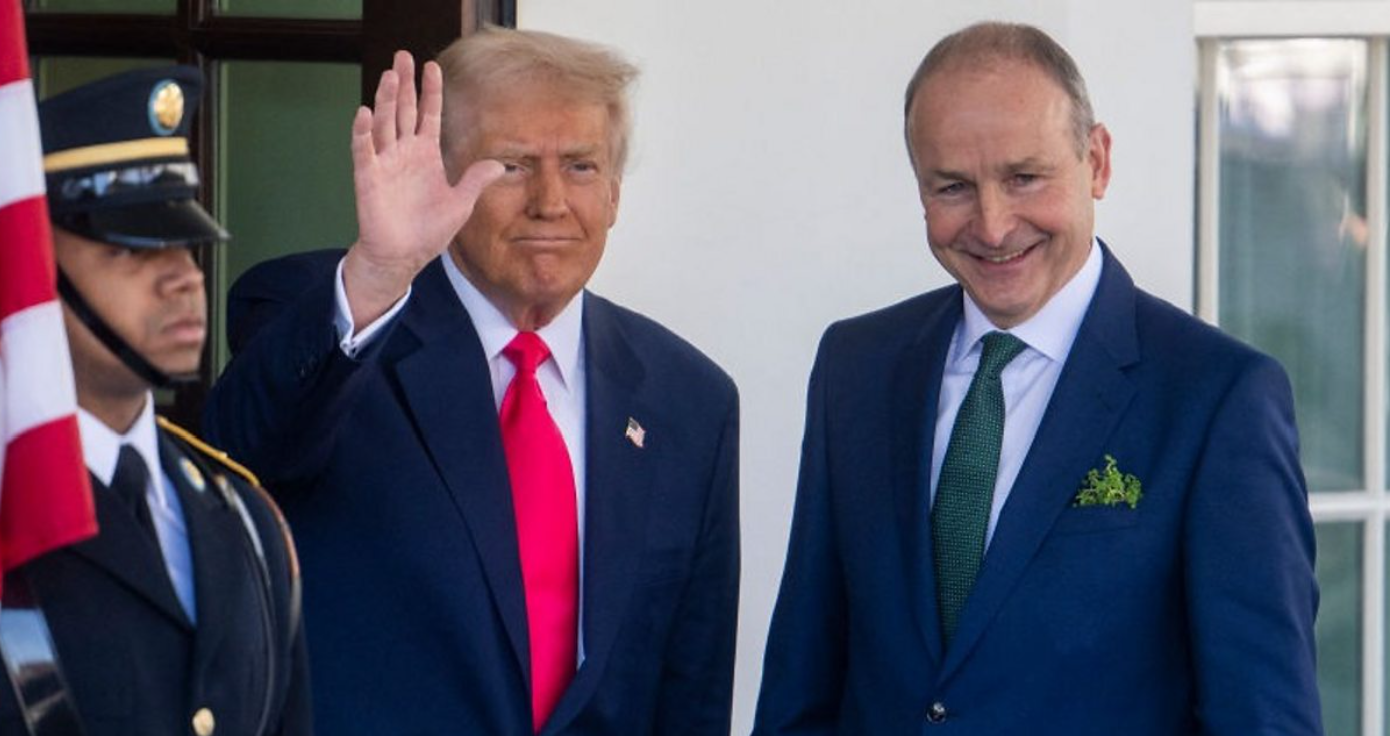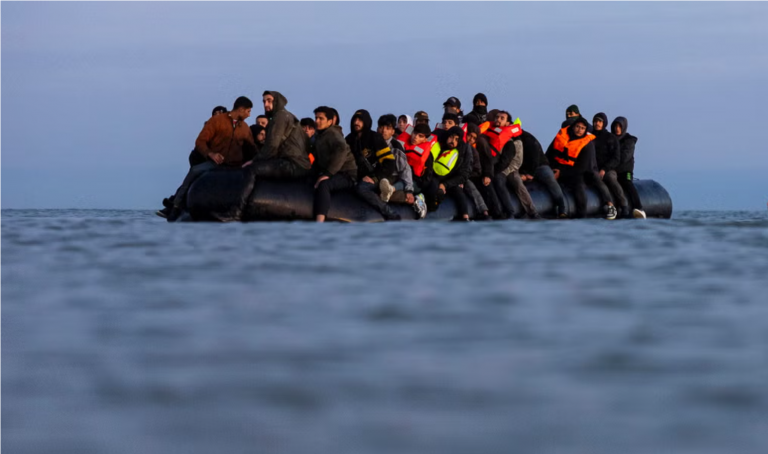
US President Donald Trump has expressed concerns over the “massive” trade imbalance between the United States and Ireland, accusing the European Union (EU) of treating the US “very badly.” These remarks were made during a bilateral meeting with Irish Taoiseach (Prime Minister) Micheál Martin, as part of the traditional St Patrick’s Day engagements between the US and Irish governments.
During the meeting, Trump raised the issue of the trade deficit, stating, “There’s a massive deficit that we have with Ireland… we want to sort of even that out as nicely as we can, and we’ll work together.” The comments came at a time when tensions over international trade have been heightened, particularly following the EU’s announcement that it would impose counter tariffs on €26 billion ($28 billion) worth of US goods, which will come into effect next month. These tariffs are a response to previous US trade measures, which have sparked friction between the US and several European nations.
Trump has long highlighted trade imbalances as a key issue in his economic policy, often calling for the reduction of deficits in trade relationships. His comments on Ireland, however, underscore the broader challenges facing US-EU relations, particularly regarding tariff disputes and market access.
In response, Taoiseach Micheál Martin acknowledged the concerns over trade, but also emphasised the importance of reciprocal foreign investment. Martin pointed out that foreign investment flows both ways, stating that Ireland is “investing a lot more in America now” and contributing significantly to the US economy. This statement was an attempt to reassure President Trump that Ireland, despite the trade imbalance, remains a valuable partner in fostering economic growth and investment.
The exchange highlights ongoing trade discussions and the delicate balancing act between maintaining strong diplomatic ties and addressing perceived economic disparities. The outcome of these talks and any further trade negotiations between the US, Ireland, and the EU will be closely watched, particularly in the context of broader transatlantic relations and the impact on global markets.













